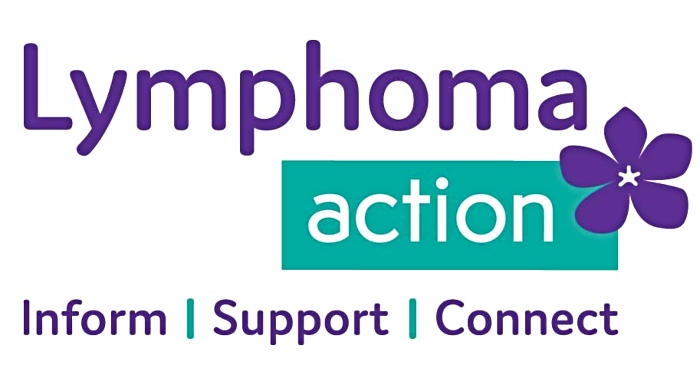
Dear Editor,
In July, Lymphoma Action will be hosting two free webinars that focus on recovery after two types of treatment that may be recommended for people affected by lymphoma, a type of blood cancer.
The first webinar will be taking place on Wednesday 12 July from 12.30pm – 1.30pm and will look at strategies for preparing for, and recovering from, a stem cell transplant.
The second webinar will be held on Tuesday 18 July, also from 12.30pm – 1.30pm and will focus on chemotherapy, one of the most common types of treatment used for lymphoma. Joining the webinar panels will be healthcare professionals, a Lymphoma Action chairperson and individuals with lived experiences of the treatment being discussed.
Readers affected by lymphoma may be interested and can register to join if they go to https://lymphoma-action.org.uk/StemCellTransplantWebinar and https://lymphoma-action.org.uk/ChemoWebinar
A stem cell transplant is a treatment option for some people with lymphoma. The two types of stem cell transplant – auto and allo – are different in their impact and recovery, and both have risks and benefits to an individual and their lymphoma.
Lymphoma Action’s webinar will include the differences in recovery and rehabilitation between the two different types of stem cell transplant, and by sharing the experiences of people with lived experience of this treatment, it aims to illustrate the impact it has on those who receive it and offer suggestions for a good recovery.
Chemotherapy is a treatment that can be used for lymphoma on its own, or in combination with other treatments such as radiotherapy and targeted therapies.
The aim of chemotherapy is to destroy cancerous cells, but in doing so this can also affect other parts of the body and cause unwanted side effects.
This can also mean that people feel unwell for a while following treatment, and it can take some time before they feel ‘normal’ again.
Many people take time to recover from their chemotherapy treatment, and it can affect them emotionally and practically, as well as physically.
This webinar session will help individuals understand the impact of treatment and recovery, and support people starting or going through the treatment with useful coping strategies from people with lived experience of chemotherapy.
Both of these webinars may also be useful for the family and friends of someone affected by lymphoma, by helping them to understand the impact of a treatment and recovery on an individual, and how they can support them.
If readers would like to find out more or book a free space on the webinars more information is available on the Lymphoma Action website at https://lymphoma-action.org.uk/StemCellTransplantWebinar and https://lymphoma-action.org.uk/ChemoWebinar
Yours sincerely
Lymphoma Action


















Recent Comments